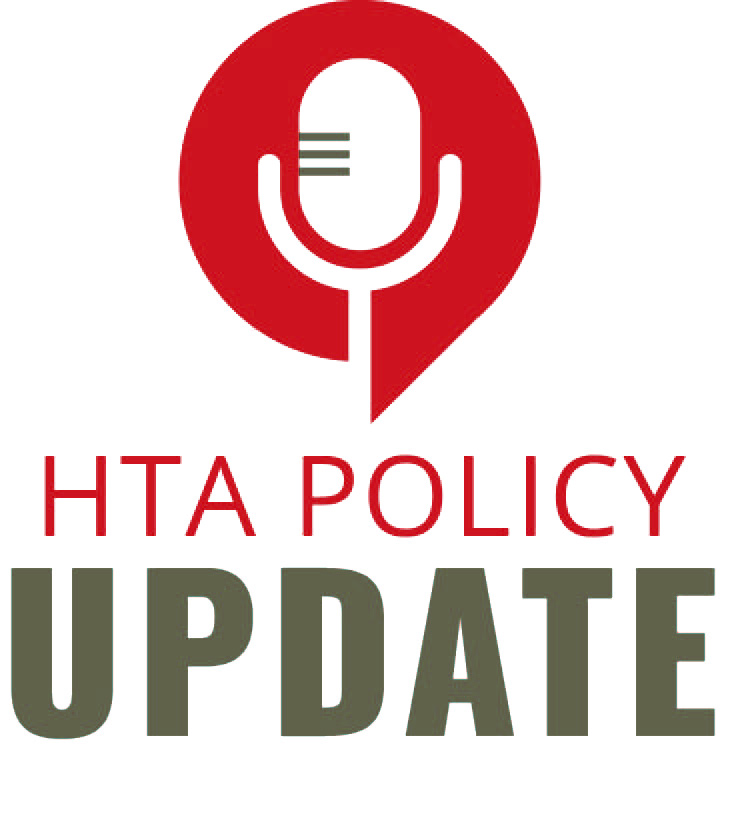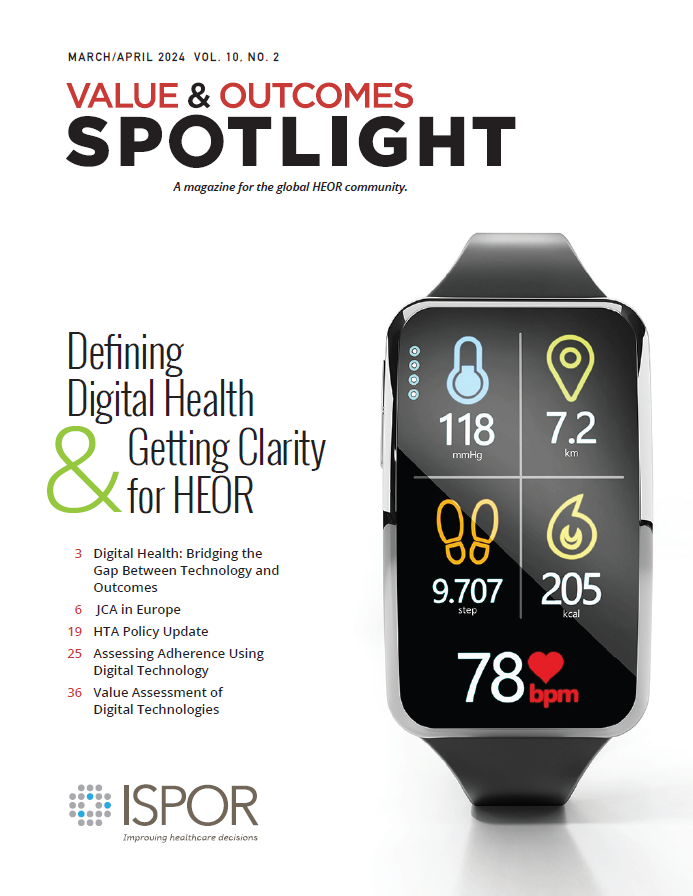HTA Policy Update
Section Editors: Sandra Nestler-Parr, PhD, MPhil, MSc; Ramiro E. Gilardino, MD, MSc

Welcome to this new column that aims to inform about the latest policy changes, updates, and advancements in health technology assessment (HTA) and value assessment globally. This section serves as a centralized platform to share top-line news on how different healthcare systems are evolving their HTA policies and practices. While this feature primarily signposts to more detailed reports and analyses on HTA-related matters, it will discuss selected topics in more detail. We welcome suggestions for topics for this column from readers. Please contact the VOS editorial office with your suggestions.
Less than 300 days and counting: The EU Regulation on HTA
The Regulation on Health Technology Assessment in the European Union (EU HTAR; Regulation 2021/2282) entered into force in January 2022 and applies as of January 2025, initially to cancer therapies and advanced therapy medicinal products. From 2028, all novel orphan drugs will be subject to EU HTAR, followed in 2030 by all other drugs, in vitro diagnostics, and high-risk medical devices.
The main goal of EU HTAR is to enable the development of a joint perspective on clinical aspects of novel health technologies to facilitate accelerated and more equitable patient access to these technologies by increasing transparency and reducing duplication of assessment efforts. Harmonization of HTAs across the EU is expected to benefit smaller European countries with less-established HTA processes and promote regular collaboration among stakeholders.
The new framework covers joint clinical assessments (JCAs), joint scientific consultations (JSCs), the identification of emerging health technologies (horizon scanning), and voluntary cooperation. In the context of varying laws, policies, regulatory standards, and processes for HTA across 27 EU Member States, the implementation of the EU HTAR is a complex undertaking that presents both challenges and opportunities.
Under the new regulation, a JCA will be initiated shortly after a Marketing Authorization Application for a novel technology is filed to the European Medicines Agency (EMA). The JCA begins with a survey to collect information on population, intervention, comparator(s), and outcome(s) (PICOs) from all Member States, which forms the framework that defines the final scope of the JCA. The health technology developer must submit a dossier addressing the final PICOs 3 months in advance of the expected Committee for Medicinal Products for Human Use opinion.
While the assessment of clinical benefit compared to existing treatments will be centralized, subsequent appraisal of economic, social, and ethical aspects (ie, value considerations) remains a devolved matter, conducted at national level.
The mandatory EU HTA comes with some uncertainties for stakeholders. These include the complexity arising from evidence requirements to address multiple PICOs for the JCA and the constrained timelines between receipt of the final PICOs and submission deadline for the HTA dossier. Due to resource constraints at Member State and stakeholder levels, there is a question about how input will be elicited from clinicians and patients across all Member States within the stipulated timeframe.
Lack of clarity on specific aspects of the JCA process, timelines, and methods has resulted in much speculation over the past months. The long-awaited publication of the draft Implementing Act on Joint Clinical Assessments of Medicinal Products on 5 March 2024, providing procedural rules and methodological detail for the JCA of medicinal products, is an important milestone in the implementation of the HTA regulation. It includes details on the coordination of the JCA process within the EMA, engagement of stakeholders with the relevant expertise in the therapeutic area, the development of the assessment scope and timelines, the possibility of assessment scope explanation meetings for health technology developers, and the process for submission of new data from clinical trials to the EMA during the JCA and after publication of the JCA report.
The public consultation period for the draft Implementing Act on Joint Clinical Assessments of Medicinal Products closed on 2 April 2024. It is expected that questions and concerns were raised that indicate the need for further refinement and clarification to ensure the implemented legislation is comprehensive, robust, and effective.
The February 2024 update of the EU HTAR Implementation Rolling Plan outlines the current status of key activities undertaken by the European Commission in preparation for the implementation of Regulation 2021/2282.
Although preparation for the EU HTAR implementation deadline is underway across all stakeholder groups, there is still much to clarify and accomplish before full EU HTAR readiness is achieved.

